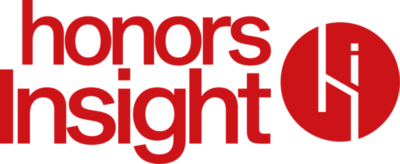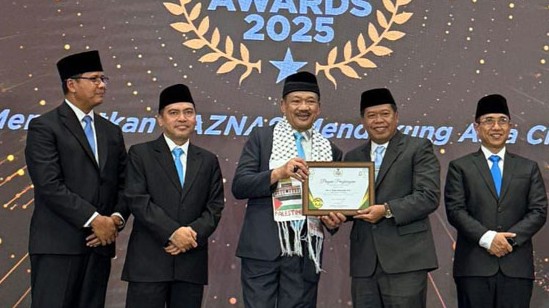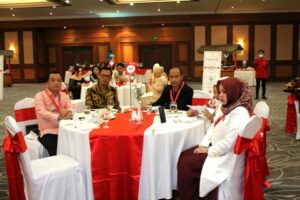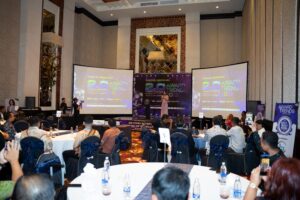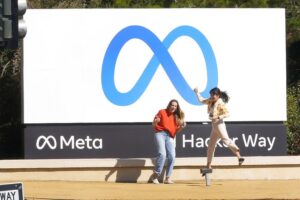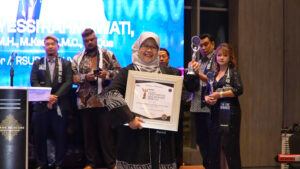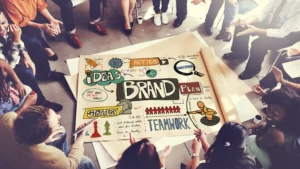In an evening filled with recognition and gratitude, Majalengka Regent H. Eman Suherman stood proudly among national leaders at the Baznas Awards 2025. The ceremony, held at Mercure Convention Center Ancol, Jakarta, on Thursday (28/8/2025), presented him with the award for Head of Region Supporting Indonesia’s Zakat Movement.
The honor was bestowed directly by Baznas RI Chairman, Prof. Dr. KH. Noor Achmad, MA, as a tribute to the Regent’s unwavering commitment to advancing zakat governance in Majalengka. This accolade underscores how dedicated leadership can uplift both institutions and communities.
From the very beginning of his tenure, Eman Suherman has been recognized for his consistent support of Baznas Majalengka. Through strategic policies, he has strengthened programs around zakat, infak, and sedekah (ZIS), ensuring that contributions reach those most in need. His vision has turned charitable intent into measurable progress for his region.
The impact has been tangible. With government collaboration, Baznas Majalengka was also named the district with the Best Infrastructure at the same event, affirming how effective synergy can create sustainable systems of giving. In his acceptance, Noor Achmad emphasized that this achievement reflects the collective efforts of leaders and communities alike.
For many, Eman’s recognition is more than an individual honor—it is an inspiration. His example resonates as a call to other regional leaders across Indonesia to lend their influence and support in nurturing a stronger zakat movement. Such cooperation has the power to elevate social welfare and close economic gaps.
The Regent himself chose humility in his response, reminding all that the award belongs to the people of Majalengka. “This recognition is not only mine but shared with every citizen who has stood together to strengthen the zakat movement,” he said, capturing the spirit of shared responsibility that drives his leadership.
With this achievement, Majalengka’s role as a model region in zakat management is further solidified. Through modern, transparent, and impactful systems, it demonstrates how local government and faith-based institutions can collaborate to create a brighter, more equitable future for society.
